1. i posted the question(About thread-safety of weak_ptr) several days ago,and I have the other related question now. If i do something like this,will introduce a race condition as g_w in above example ?(my platform is ms vs2013)
std::weak_ptr<int> g_w;
void f3()
{
std::shared_ptr<int>l_s3 = g_w.lock(); //2. here will read g_w
if (l_s3)
{
;/.....
}
}
void f4() //f4 run in main thread
{
std::shared_ptr<int> p_s = std::make_shared<int>(1);
g_w = p_s;
std::thread th(f3); // f3 run in the other thread
th.detach();
// 1. p_s destory will motify g_w (write g_w)
}
2.As i know std::shared_ptr/weak_ptr derived from std::tr1::shared_ptr/weak_ptr, and std::tr1::shared_ptr/weak_ptr derived from boost::shared_ptr/weak_ptr, are there any difference on the implement,especially, in the relief of thread-safe.
